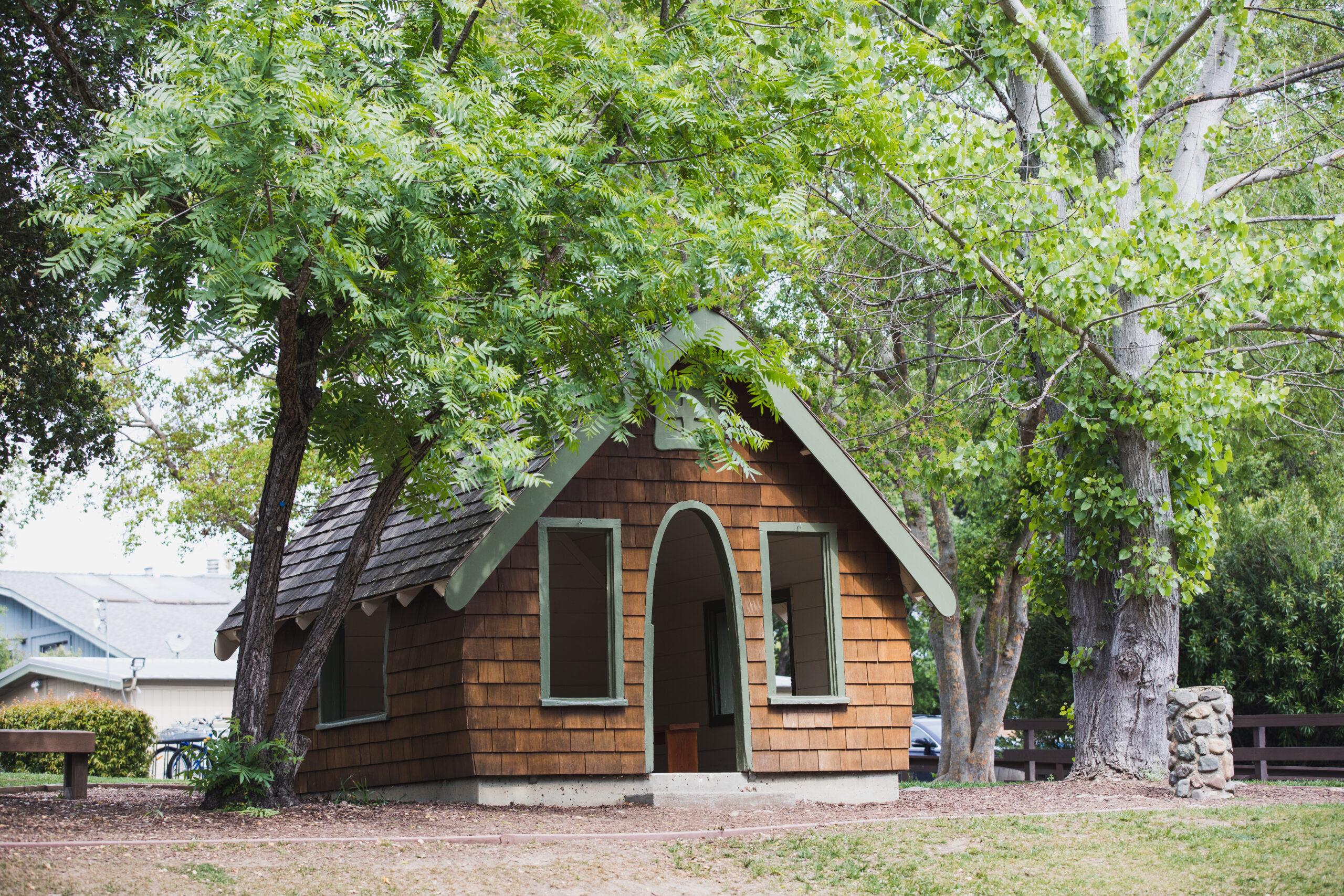
The challenge stemmed from this year’s theme – Be Kind. As we have during the last few years, each year we choose one of our core values and focus on it throughout the year. Two years ago was be curious, while last year was be your best. This year we decided to focus on be kind.
So what does it mean to be kind?
A growing body of research suggests that acts of kindness and other related positive behaviors make a difference not only for the people who perform the acts and those who are recipients of the largess, but those who witness the event. A recent article by psychologist Steve Taylor, for example, suggested that seeing altruistic behaviors can have a positive impact on people. This argument echoes the work of Nicholas Christiakis and James Fowler, who noted in the book Connected: The Surprising Power of our Social Networks that behaviors can be contagious within a community. Apparently, kindness really is contagious.
During the past few weeks, I have seen many examples of kindness at both the student and adult level. Many of our students volunteered to help with various back-to-school activities, including touring new faculty and staff around during orientation, helping teachers set up classrooms, and leading tour groups of students and parents during the new student orientation this past Monday. The Welcoming Committee, led by parents Joanna Boyer, Alisa Lewis, and Martina Kocianova, coordinated a summertime of activities that helped our new families as they transition into the community. Room parents at all grade levels have also been offering support and advice to both new and returning families.
Already, students and classes have taken up my challenge in different ways. The 4th grade, for example, is keeping a Kindness Journal as a class, a great opportunity to not only capture acts of kindness but to share them with each other. As another example, the 7th & 8th graders reflected upon kindness during today’s 7th/8th grade retreat. I’ve also had several parents mention to me in passing that their child or children are taking up the challenge.
I encourage you to take a moment this weekend to reflect with your child or children about kindness and ways to embrace the challenge. In the end, the goal is simple – to raise awareness about how we treat each other and to help all of us find opportunities to support each other in small ways that make a big difference. Be kind. Pass it on.
Mark Silver, Ph.D.
Head of School

